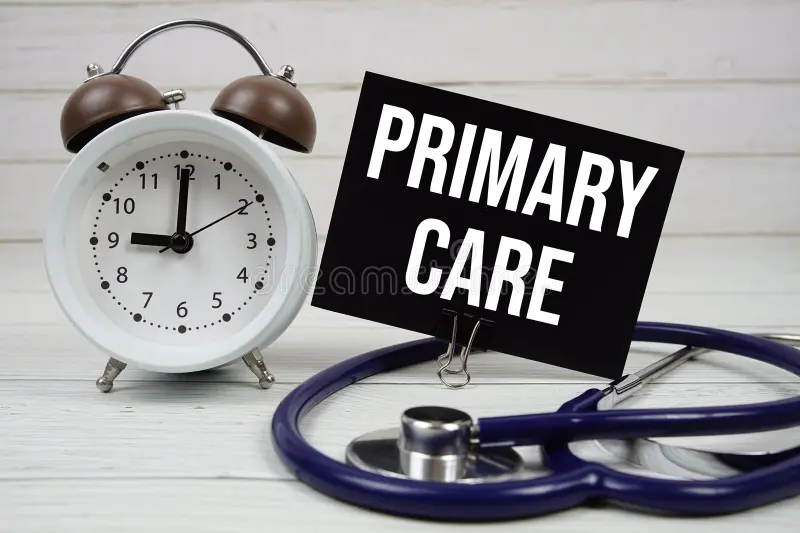What to Expect at Your First Primary Care Doctor Visit

For many individuals, visiting a primary care doctor for the first time can feel uncertain. Understanding what typically happens during the appointment can help reduce apprehension and make sure the visit is productive. A primary care doctor is your first contact for managing your overall health and addressing medical concerns. Here is what you can expect during your initial visit to your primary care specialist.
Administrative Tasks and Introductions
When you arrive, you’ll start with administrative tasks. These commonly include filling out paperwork about your medical history, insurance, and contact details. Be sure to have any necessary documentation readily available, such as identification, insurance cards, and referral letters. Reviewing your medical history beforehand is also advisable to aid accuracy when completing forms.
You’ll also be introduced to your primary care doctor and their staff during this time. This introduction may include meeting nurses, receptionists, and any other healthcare professionals who will support your care. Understanding their roles can help you know who to approach for specific concerns, such as scheduling appointments, processing prescriptions, or requesting medical records. This first interaction is an opportunity to begin building rapport. Take this chance to familiarize yourself with the doctor’s approach and communication style to establish a comfortable atmosphere moving forward.
Medical History Review
Most of your first visit will focus on discussing your medical history. Your healthcare provider will inquire about past illnesses, surgeries, and hospitalizations. Providing accurate details about these events, including dates and outcomes, is key for building a comprehensive health profile. They may also ask about medications you are currently taking, allergies, and any recurring symptoms you have been experiencing.
Your primary care specialist will also review your family’s medical history. It is fundamental to discuss chronic conditions such as diabetes, heart disease, or cancer within your family. These factors may influence your overall health risk. If you have specific concerns, make sure to address them during this part of the visit. Bringing a list of symptoms or questions beforehand may help streamline the process.
Physical Examination and Lab Tests
During the physical examination, your doctor will review your vital signs, including blood pressure, heart rate, temperature, and respiration. Measurements such as height, weight, and Body Mass Index (BMI) may also be taken. The assessment could involve listening to your heart and lungs, checking your ears, nose, and throat, and performing a general head-to-toe evaluation.
Your primary care specialist may request more evaluations depending on your age, medical history, and health status. For instance, your doctor may recommend blood tests to evaluate cholesterol levels, blood sugar, or other health markers. Screenings for conditions such as cancer or diabetes may be suggested as needed. If your immunizations are not up-to-date, they might also be administered during this visit.
Personalized Health Advice and Care Plan
After completing examinations and evaluations, your primary care doctor will provide personalized health advice. This could include recommendations on diet, regular exercise, sleep, and stress management. If any chronic conditions are identified during the visit, your physician will discuss ways to manage them while prioritizing preventive care. Based on your health needs, your doctor may also refer you to specialists such as a dermatologist. You and your doctor will develop a tailored care plan to monitor your health and make sure ongoing preventive measures are taken.
See a Primary Care Doctor Today
Your first primary care specialist visit sets the foundation for future health management. The visit will include introductions, a thorough medical history review, a physical examination, and personalized guidance to support your long-term health. Addressing any questions or concerns during the visit will help foster a productive relationship with your doctor. Schedule an appointment with a primary care doctor for personalized health advice and expert guidance.
- What to Expect When Visiting a Foot and Ankle Specialist
- Causes of PTSD
- The Link Between Plantar Fasciitis and Weight Gain: What You Need to Know
- How Pet Ownership Can Positively Impact Life with Fibromyalgia
- The Importance of Stretching and Flexibility in Sports Medicine
Dr. Emma Green is a health and wellness expert with over 10 years of experience in nutrition and fitness. Passionate about helping others live their healthiest lives, Dr. Green shares practical advice on wellness, nutrition, and sustainable living through LivingSpristine.






